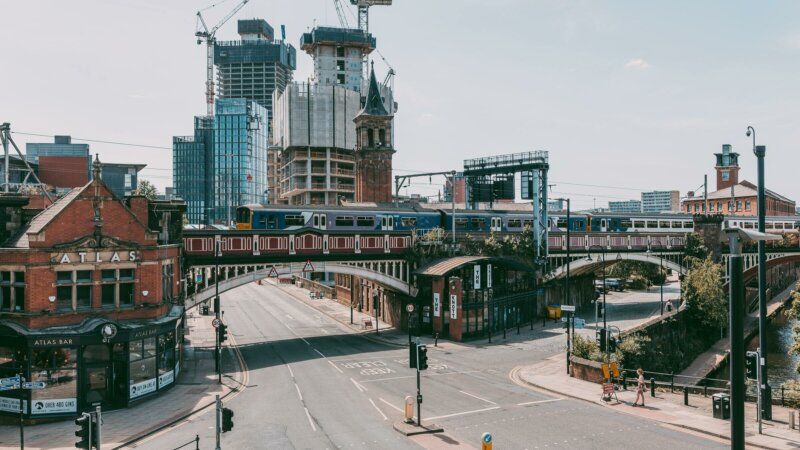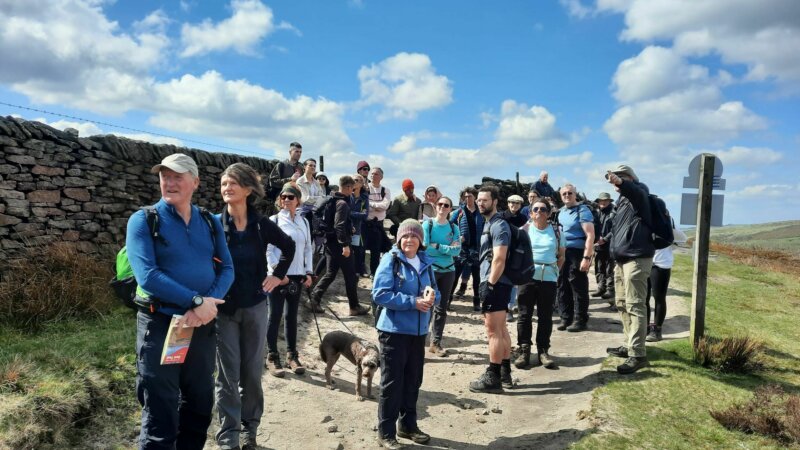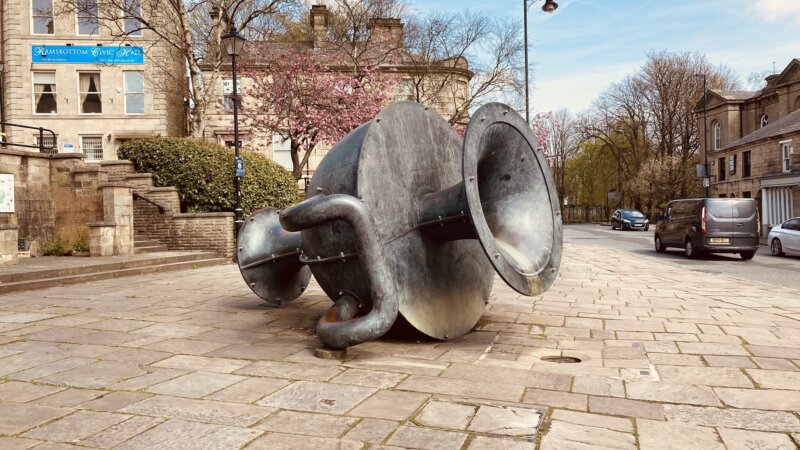Can a Bike-Share Scheme Help Cycle-Proof Your City?
Is a bike-share scheme on its own enough to shift our transport mindset in favour of cycling and help mould a ‘cycling city’?
In typical 21st century disruptive style, Chinese tech company Mobike is hoping to kick-start a revolution in the way people in Manchester and Salford think about urban travel by launching a thousand distinctive, orange-wheeled, shareable bikes on to the cities’ streets for an initial six-month trial.
The Mobike system is as simple as it is state-of-the-art. You download the Mobike app to your smartphone, pay a fully refundable deposit of £29 (to encourage responsible use) and top up your account credit, much like a pay-as-you-go mobile phone. You then use the app to locate the nearest Mobike, scan the QR code on the bike to unlock it and you’re ready to go. When you reach your destination, you simply park the bike sensibly, shut the lock and your session ends. At a flat rate of 50p per half hour, Mobikes are value for money and, whilst the heavy frame and single gear on the current model render them unsuitable for longer or hillier journeys, they are ideal for short trips of a mile or two around town.
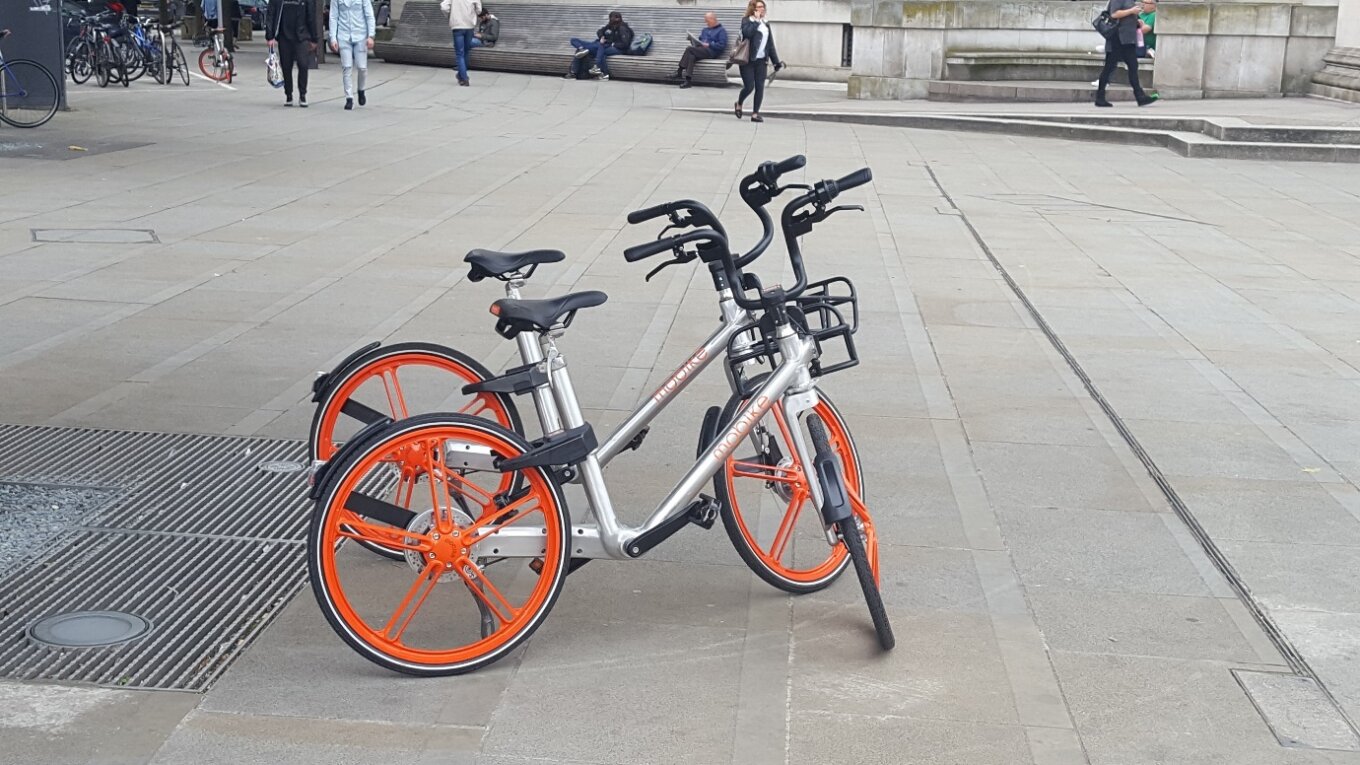
A brace of Mobikes, St Peter’s Square
But is a bike-share scheme on its own enough to shift our transport mindset in favour of cycling and help mould the idea of a ‘cycling city’? After all, the rise in cycling in London, for instance, was aided by the simultaneous rollout of the bike-share scheme and vast investment in safer cycling infrastructure. Although Mobike has certainly raised the profile of cycling here in just a few short weeks, it would be regrettable for the initial enthusiasm around the bikes to tail off as people become disheartened with the poor provision for cycling on our cities’ streets.
Here’s a little experiment to illustrate what cycling in Manchester is like: you’re at Victoria station and need to cross to Piccadilly. You get on a Mobike. What’s a quick, legal, safe cycling route between those two points? Clue: there isn’t one.
You can either pedal conveniently but illegally up traffic-free Market Street or long-windedly among the traffic around the roads of Shudehill and the Northern Quarter. That, by and large, is how cycling is catered for in central Manchester. Unless infrastructure projects such as the impressive Oxford Road scheme and some less accomplished efforts – for example, Salford’s Broughton Cycleway) – are specifically funded by dedicated cycling money, cycling will generally be side-lined. Look at the inner ring road, St Peter’s Square, Portland Street, Mosley Street, Corporation Street – all projects completed in the last few years that explicitly forbid cycling or make it more unpleasant and dangerous than before.
But why all this fuss about bikes? Why should we want Mobike to succeed or for Manchester, Salford and potentially other boroughs to open themselves up to greater levels of participation in cycling? Because, in a word, more cycling benefits everyone, whether they cycle themselves or not. We are all too aware of the woes caused by decades of overemphasis on motor travel: gridlock, air pollution, an inactivity epidemic, lost productivity to businesses, potholed roads and so on. More people on bikes quite simply means fewer people in cars – less congestion, fewer emissions, better public health, quicker journeys, less wear on the roads. The bicycle is an antidote to the ills of excessive motor-dependence.
Mobike could act as a catalyst to rethinking the role of cycling within our transport mix. The easy availability of the bikes will enable more people to realise how effective cycling is for short trips, whilst at the same time experiencing just how bad our cycling provision generally is, such as the Victoria-Piccadilly trip. This could in turn generate a critical mass of demand for better, safer space for cycling as we, like many other cities around the world, come to realise that a 21st century populace doesn’t want to be stuck in traffic and breathing fumes from vehicle tailpipes. A 21st century city is a liveable, sustainable, pleasant, vibrant place to be that prioritises people over vehicles. The bicycle can play a pivotal role in that process, as long as the conditions are right.
Experience from around the world shows us quite clearly that mass cycling is only possible if a city concertedly builds protected cycle infrastructure or drastically reduces vehicle speeds where separation is not possible. Amsterdam and Copenhagen have been doing so for years with great success and other cities such as Seville have achieved huge increases in cycling levels in a shorter period through bold interventions and committed leadership.
And that’s the bottom line: cycling levels in the Greater Manchester region aren’t currently low because people don’t want to cycle. They’re so low because people don’t feel able to. For many, cycling on the road among cars, trucks and buses is simply non-negotiable. Low cycling levels aren’t a sign of a lack of demand. They’re a symptom of the environment we’ve engineered. Yet that’s often used as an excuse: there’s no point building for bikes because hardly anyone cycles. It’s a classic chicken/egg conundrum – which Mobike has helped reconcile.
The bikes are there, we can see the demand for ourselves. Mobike have held a mirror up to our approach to transport. It’s up to us to act on that and leave the car-clogged 20th century behind us.
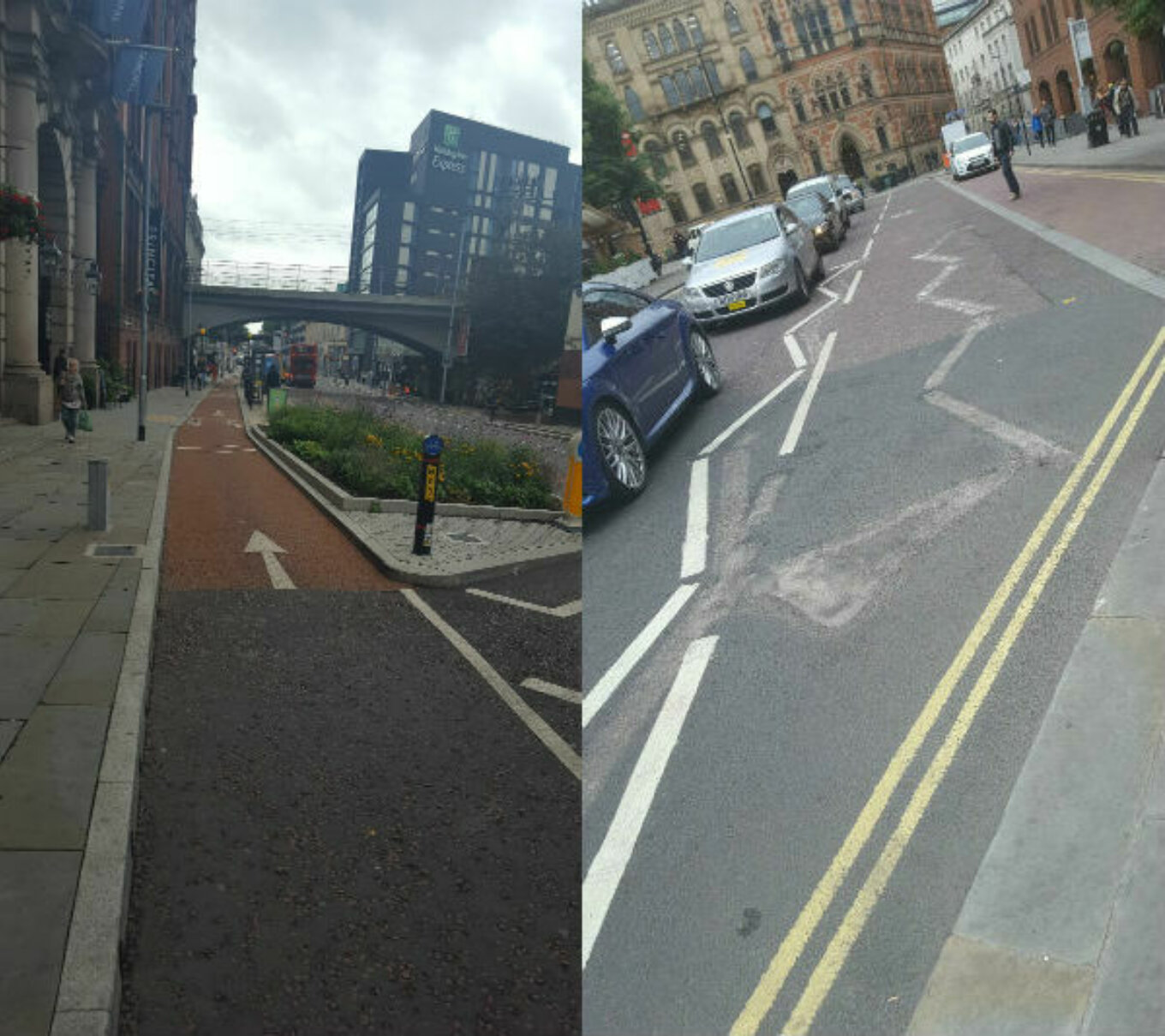
Left: Bus-stop bypass on the Oxford Road Cycleway. Right: Substandard cycle markings in Albert Square, erased just weeks after being installed. Indicative of a lacklustre approach to cycle infrastructure.
Nick Hubble
